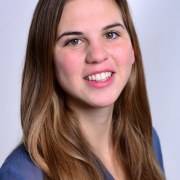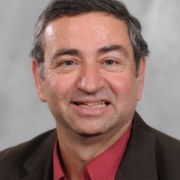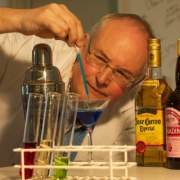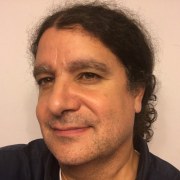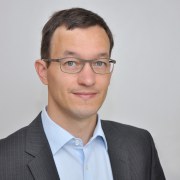Bringing informal and formal science education closer together
In this session we present four practical examples of activities and tools connecting formal and informal education on different levels. Case studies include a national programme connecting science centres and school, a science club run in collaboration with schools from deprived areas, research-like experiments conducted with pupils at a science education centre to support their curricular studies and a study on digital and analog tools connecting formal and informal learning organisations.
These four reports will be summarized and integrated into a larger picture. Participants will be invited to take part in this “picture painting” by sharing their own experiences and ideas on how to bridge the gap between informal and formal science education.
Session speakers
Director - Schwartz-Reisman Science Education Centers
The Schwartz/Reisman Science Education Center brings pupils from neighboring schools in to perform research-like experiments – which now forms part of their curricular studies. The Centers provide excellent curricular science education for high school students, following a clear vision to provide the best scientific education to young students in our communities. The Centers offer state-of-the-art facilities, passionate teachers with strong scientific backgrounds, and a productive learning environment for both teachers and students. Currently serving over thirty high schools from Tel Aviv, Rehovot and Ness Ziona, the Centers have become a greenhouse of intellectual activity, producing curious graduates with a passion for science.
Many centers run science clubs but few have the level of high-level staff engagement and long-term continuity of those provided at Life. These include long-term collaborations with schools from deprived areas and a long running public program which deliberately includes curriculum links into its program. There are many problems and pitfalls with running clubs in this way but the rewards for successful, regular, long-term engagement are high. Noel will attempt to identify best practice and warn other centers what to avoid.
Fábrica Ciência Viva Science Centre established a multi-level program at national scale involving 12 cities, more than 1500 teachers, thousands of students, 30 educational books and 58 science kits (Maker Boxes). This program aims to link informal science education with formal science education connecting teachers (professional development), students, science communicators and families through dedicated exhibitions, lab classes, training, workshops and open events. Last week this Educational Program of Fábrica received an international prize at International Contest Ciencia en Accion 2017.
For seamless integration, a coherent learning environment is a prerequisite. Digital as well as analog tools could help to bridge this gap. A brief report on what is used today is presented, along with some ideas that could further improve the connection of formal and informal venues.

